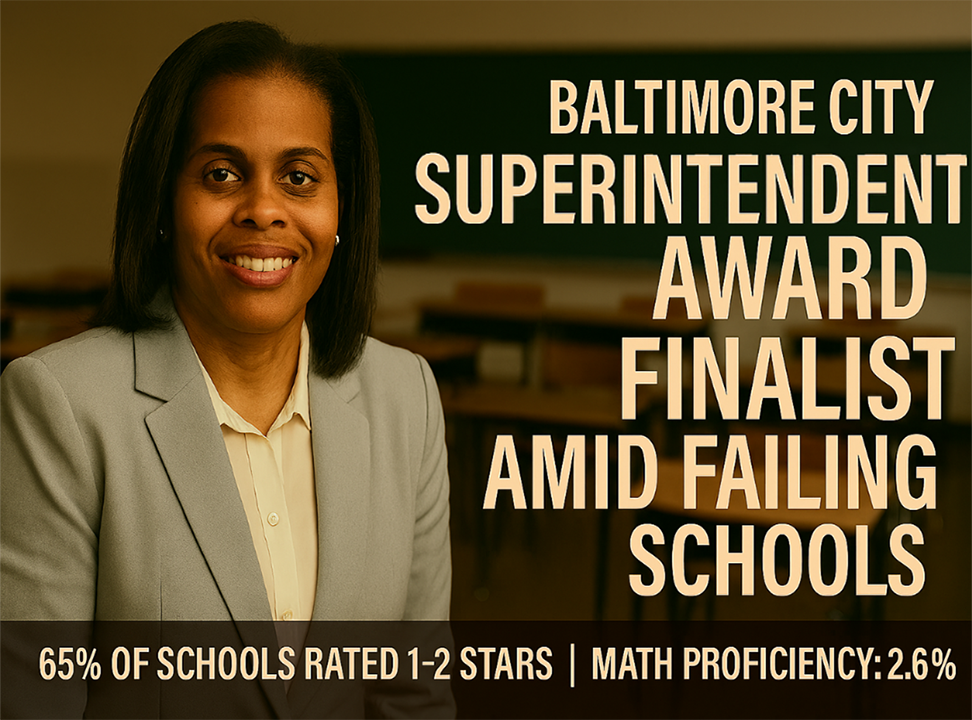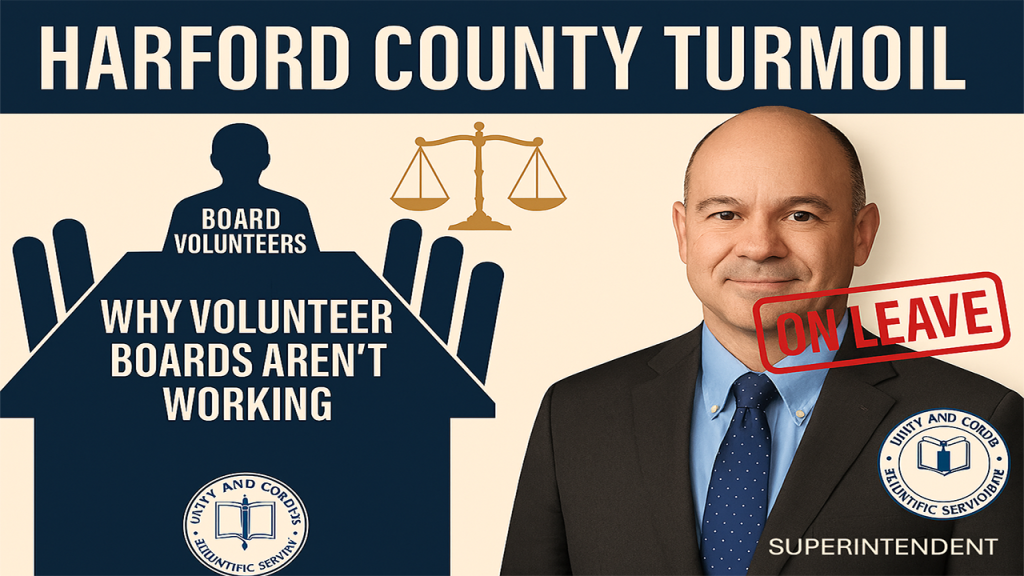
Your District’s Superintendent Evaluation Might Be Lacking. Here’s How To Make It Better
Having clear, established processes for school boards to evaluate superintendents is important to ensure everybody’s on the same page and working toward the same goals.
While more than 90 percent of district leaders say they are evaluated each year, according to a recent survey, the majority (53 percent) don’t have employment contracts that define the process or measures by which they will be evaluated.
Superintendents and education experts say that’s a problem, both for superintendents and the districts they oversee.
Strong processes and objectives aligned with districtwide goals can help keep everyone’s focus on what the school system has laid out as its top priorities.
In interviews with Education Week, current and former superintendents detailed what they think makes for a useful evaluation process.
Tie superintendent evaluation objectives to district’s strategic plan or long-term goals
Over and over, superintendents said the most important factor that makes an evaluation process successful is having clear goals and expectations that tie into the district’s long-range plan. Those often include goals such as improving students’ academic outcomes, fostering positive relationships, and maintaining safe facilities.
Doing so helps prevent school boards and administrators from falling into the trap of micromanaging school-level decisions or spending too much time on trivial issues, like what color to paint a cafeteria or which brand of lawnmower to purchase, former Houston Superintendent Terry Grier said.
Wendy Birhanzel, superintendent of Harrison Schools District 2 in Colorado Springs, Colo., said that connecting superintendent goals with district priorities can create natural opportunities for school boards to provide feedback during the school year.
Once the board determines the priorities for the superintendent, it can schedule times for periodic updates from staff on each topic during routine public meetings throughout the year.
“That keeps our focus on what we’re doing to support our students, which is what the conversation should always be about,” she said.
Make sure the goals are objective and measurable
Just as important is setting goals that can be measured by some kind of quantifiable data, the superintendents said.
For topics like student achievement, state and internal test data can show just how much progress students make from year to year. Internal surveys can provide data about school facilities, morale, and school climate, Birhanzel said.
Those clear measures can help dissuade board and community members from making rash judgments, she said.
“I think we get into trouble when those objectives and the process are not transparent and leave room for people to be evaluated based on political allegiances or certain decisions that were made that we might not agree with.”
Don’t set too many objectives
Staying focused and succinct when setting objectives for superintendents is critical, Grier said. Too many objectives can leave leaders feeling scattered and unsure of what is most important.
“If you’re trying to focus on everything, you’re focusing on nothing,” he said.
Grier suggested picking a handful (or fewer) of the most important objectives to focus on, and keeping tabs on other, less important priorities more informally.
Don’t limit feedback to once a year
Josh Starr, a former superintendent in Stamford, Conn., and Montgomery County, Md., said the best evaluation process spans the entire year, and doesn’t simply take place at a single session annually.
It should involve ongoing conversations with the school board in which board members provide feedback to the district leader based on the outlined objectives, he said.
“Any good boss continuously gives their employees feedback, they help them adjust, they support them, and so on,” Starr said. “And in the best situations, that’s what school boards should be doing with their superintendent.”
Dig Deeper With Our Longreads
Newsletter Sign up to get our best longform features, investigations, and thought-provoking essays, in your inbox every Sunday.
The MEN was founded by John Huber in the fall of 2020. It was founded to provide a platform for expert opinion and commentary on current issues that directly or indirectly affect education. All opinions are valued and accepted providing they are expressed in a professional manner. The Maryland Education Network consists of Blogs, Videos, and other interaction among the K-12 community.









